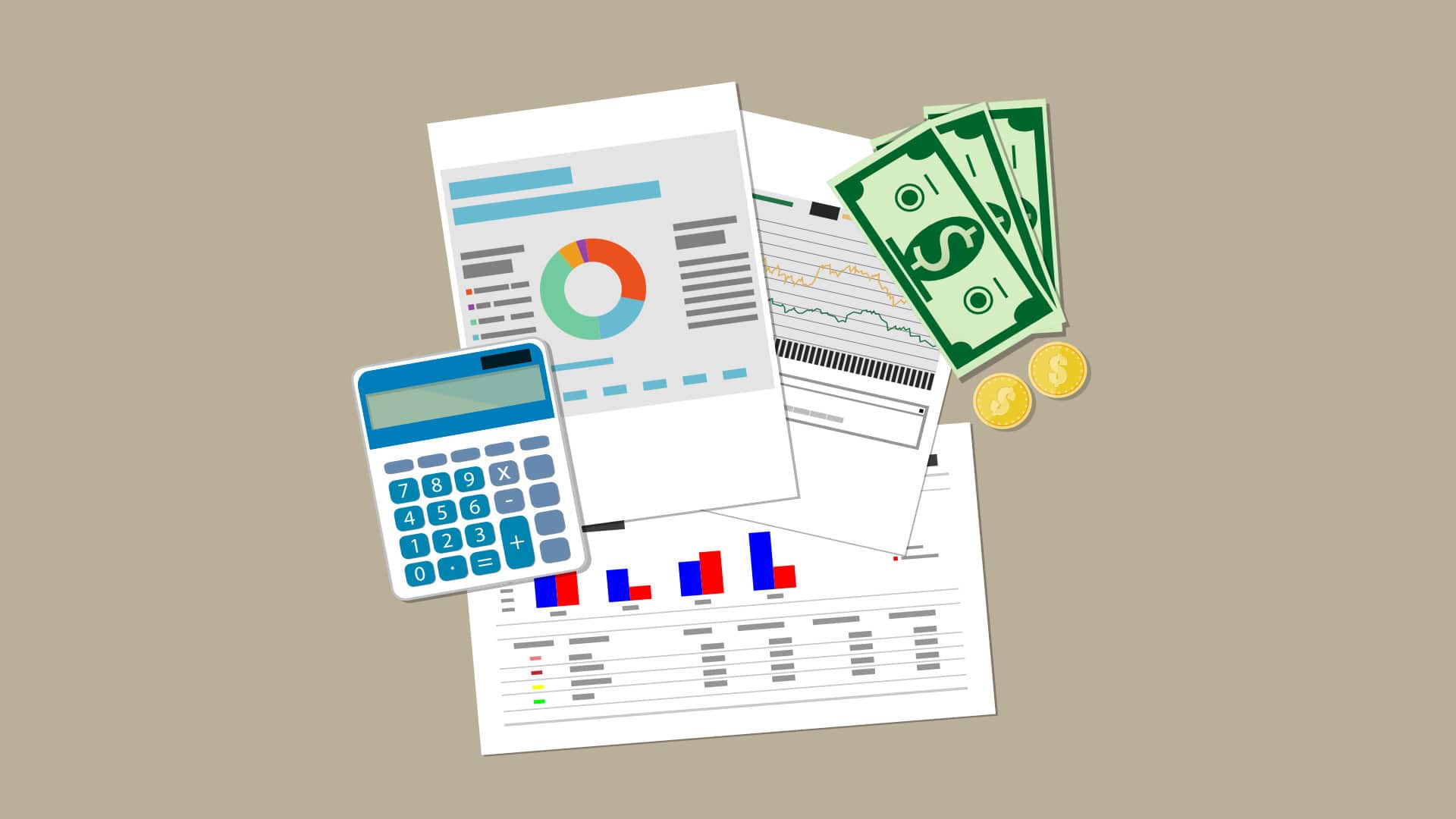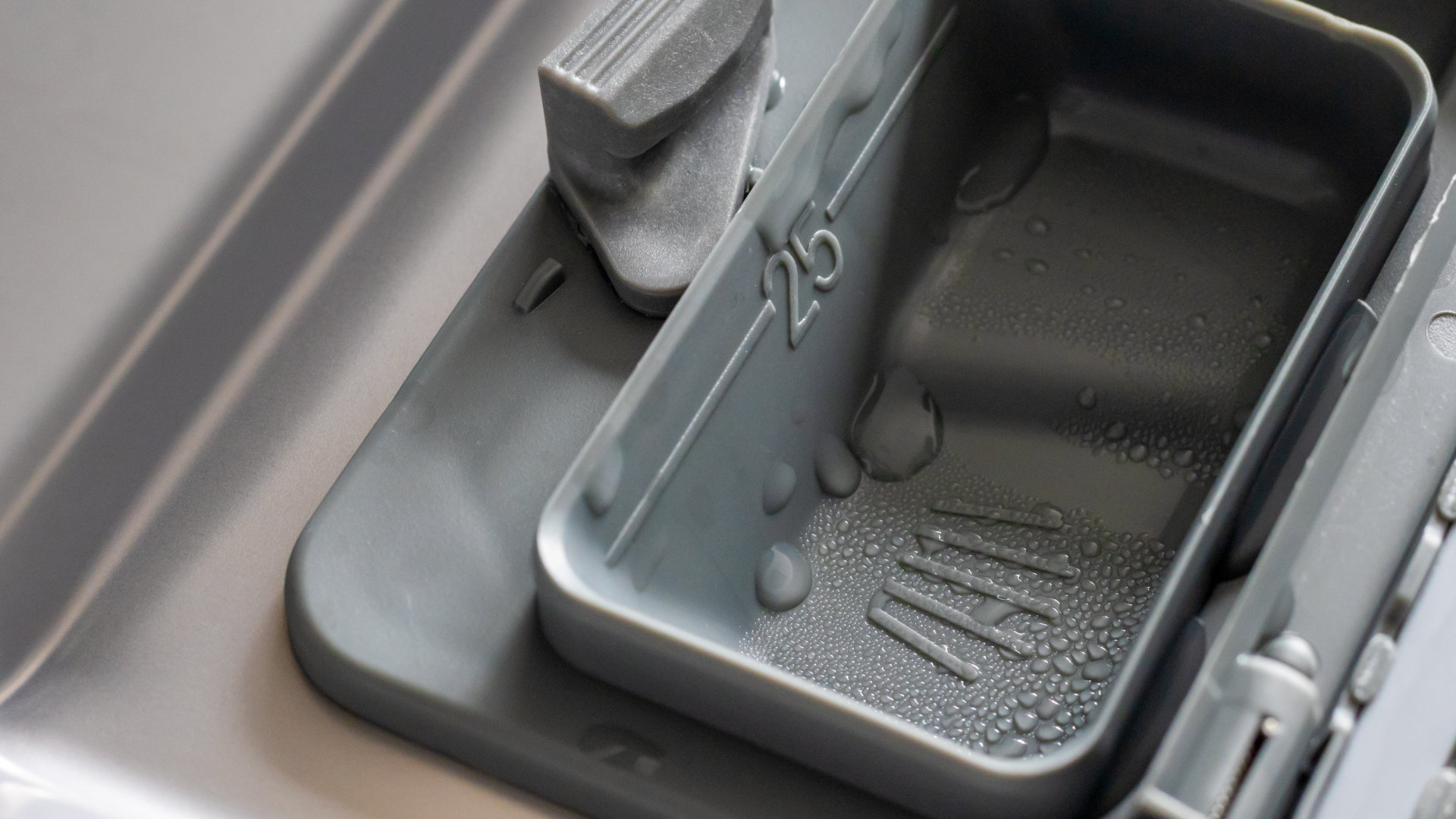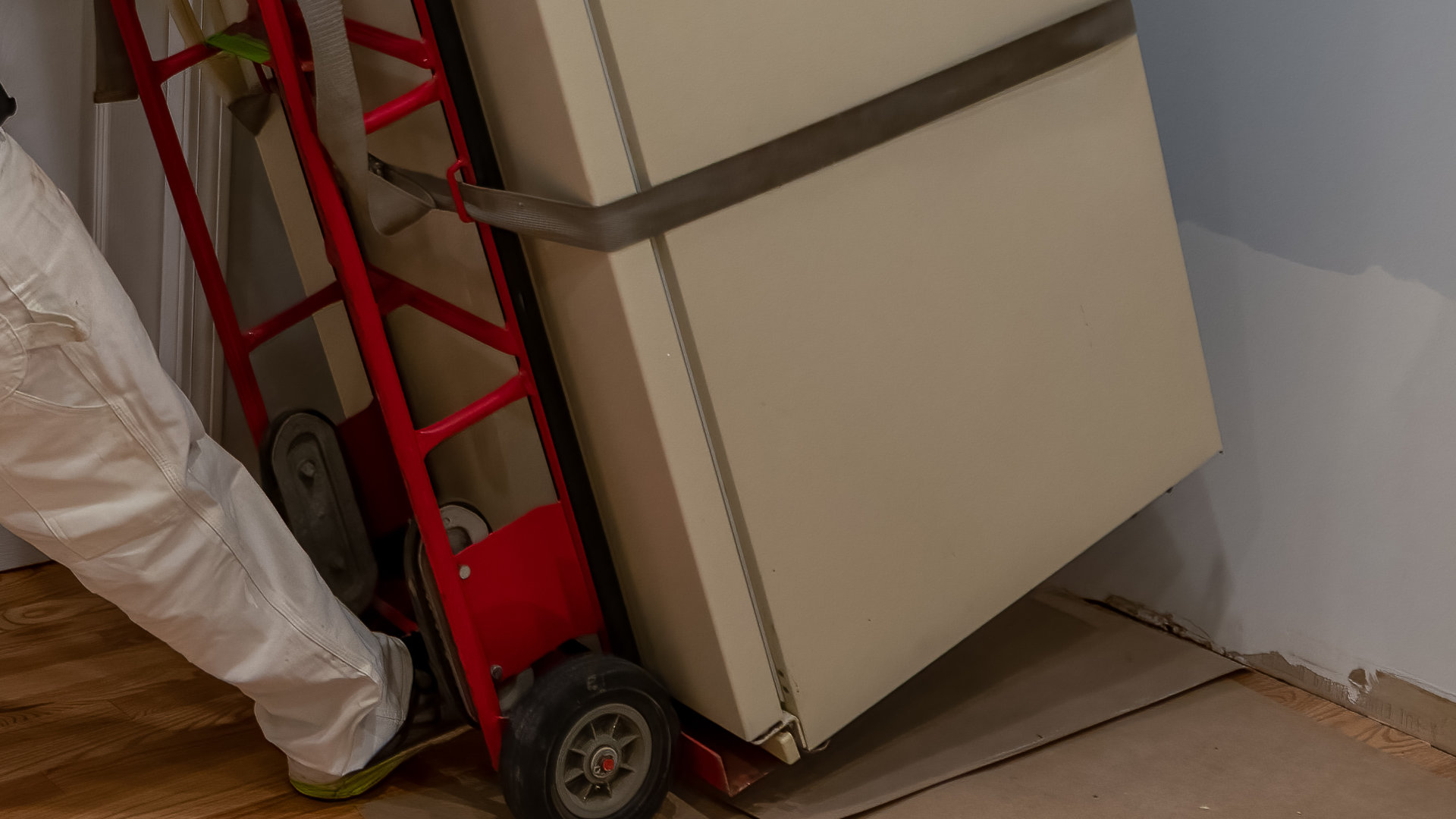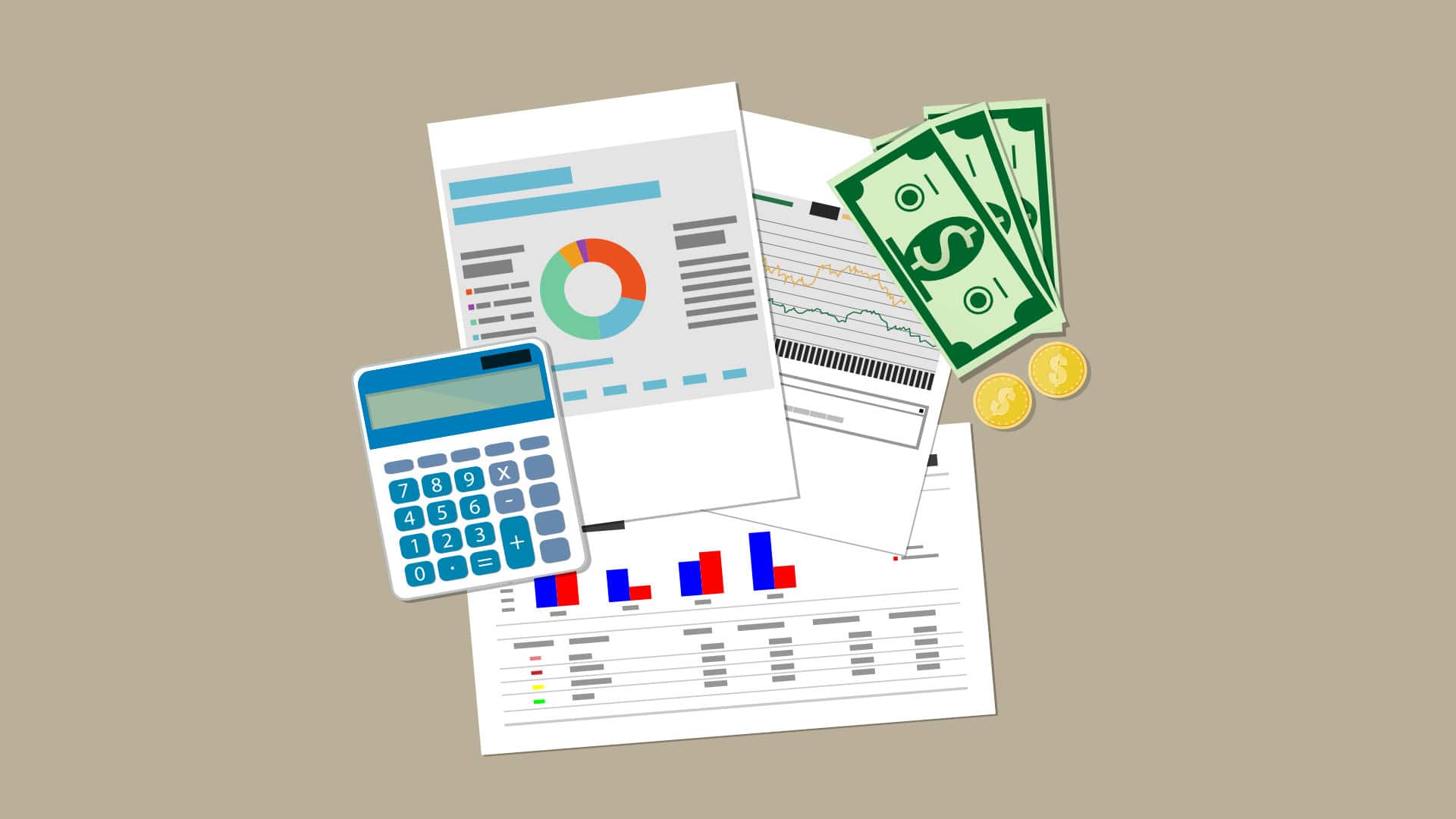
The refrigerator is undoubtedly one of the most essential appliances in our modern kitchens, designed to preserve the freshness of our food and extend its shelf life. However, while it may seem like a convenient catch-all storage solution, certain items should never find their way into the chilly confines of your fridge. In this guide, we’ll explore the ins and outs of what not to refrigerate.
Proper food storage is essential for maintaining freshness, preventing waste, and ensuring your kitchen runs efficiently. From condiments to vegetables, here’s a comprehensive guide on how to store various items in your kitchen to optimize their shelf life and taste.
1. Ketchup and mustard
These classic condiments can be kept in your cabinet for up to a month. Their natural acidity acts as a safeguard against bacterial growth; therefore, there is no need to refrigerate them.
2. Hot sauce
Unlike ketchup and mustard, hot sauce maintains its freshness for an impressive three years, even after you’ve unsealed the bottle. Refrigeration is, therefore, unnecessary. Store it in your pantry or a cupboard.
3. Potatoes
Potatoes do best when stored in paper bags in a cool, dry spot like in your pantry. Refrigeration is a no-go, as it can negatively impact their taste and speed up spoilage.
4. Onions
Keep all types of onions in a dry, well-ventilated area in your kitchen. It’s also important to store onions separately from potatoes, which can accelerate their spoilage.
5. Garlic
The same applies to garlic. Much like onions, garlic prefers your pantry’s dry, ventilated confines more than your refrigerator. The cooler and darker the spot you keep them, the better.
6. Fresh herbs
Fresh herbs like basil should steer clear of the fridge since they tend to absorb unwanted odors. Instead, place them in a cup or vase of water on your kitchen counter, mimicking the care you’d give to fresh-cut flowers.
7. Avocados
Don’t store unripe avocados in the fridge. Leave it on your kitchen counter if you’re eager to ripen an unripe avocado quickly. You can expedite the process further by placing it in a bag with a banana or apple.
8. Berries
Avoid putting berries in the refrigerator if you want to prolong their freshness. This is due to moisture within the fridge speeding up the rotting process. A better place to store them is in a bowl or basket on your kitchen counter.
9. Bread
To maintain the softness and taste of your bread, store it at room temperature in a sealed plastic bag. Avoid refrigeration, as it can accelerate the spoiling process. If you want to keep bread for longer, store it in the freezer instead and take out a few slices at a time.
10. Coffee
Coffee is another thing to never put in the refrigerator. Preserve your coffee’s freshness by storing it in a dry, airtight container in your pantry or a cupboard.
11. Squash
Most varieties of squash, particularly those with thicker skin, can thrive in your pantry for several months. When kept in the fridge, they spoil much quicker.
12. Honey
Honey never spoils, so it doesn’t need to be kept in the fridge. Honey will stay fine if you keep it in the pantry or a cool cupboard.
13. Melons
Melons that haven’t been cut shouldn’t be kept in the refrigerator. Instead, keep uncut melons on the counter or in a dry pantry for optimum freshness. Once cut, store them in the fridge.
14. Tomatoes
Tomatoes are often kept in the refrigerator, but this can actually speed up their spoilage. Instead, keep your tomatoes on the counter in a bowl for optimal flavor and to prevent rapid spoilage. Refrigeration can also alter their taste.
15. Bananas
Unripe bananas should be placed on the counter to ripen. Ripe bananas can be stored in the fridge or freezer to halt further ripening.
16. Peanut butter
There’s no need to refrigerate peanut butter. It can be conveniently stored in your pantry or a cupboard for months. The only exception is if it’s an organic variety, which can sometimes require refrigeration.
17. Apples
Store apples in a basket within your pantry. They will last for at least a week and are much nicer to eat at room temperature.
18. Peaches
Peaches can also be kept in a basket within your pantry. Like apples, they also last at least a week.
19. Nectarines
Nectarines are another fruit that you should refrigerate. Instead, keep them in a basket or a bowl in your pantry or kitchen counter.
20. Pears
Pears are also much better if you keep them in a bowl or basket in your pantry or kitchen counter.
21. Uncooked rice
Uncooked rice can remain in your pantry for extended periods when kept in airtight containers or sealed plastic bags. White rice can last 8 to 10 years, while brown rice can maintain its quality for 1 to 2 years.
22. Dried beans
When dried beans are kept in the fridge, the moisture in your appliance can spoil them. Store them in a dry pantry or cupboard to prevent spoilage instead.
23. Peppers
Whether spicy or mild, peppers taste best when stored on your counter in a basket. Keeping them out of the fridge enhances their flavor, too.
24. Eggplants
Eggplants can be safely stored in a basket or bowl and kept on your kitchen counter or the pantry at room temperature.
25. Cooking oils
Most cooking oils can be kept in a pantry or cupboard instead of the fridge. The only exception is nut oils. Check the back of the bottle if you’re not sure.

Appliance Industry 2024 Q1 Results

Congrats to our graduating April 2024 class

How to test a gas range ignitor

Congrats to our graduating March 2024 class

How to test a 120 volt receptacle

Congrats to our graduating February 2024 class

Why Is Your Dishwasher Soap Not Dissolving? (5 Easy Fixes)

Refrigerator Dripping Water Inside? 5 Quick Fixes

Appliance Industry 2023 Q4 Results



